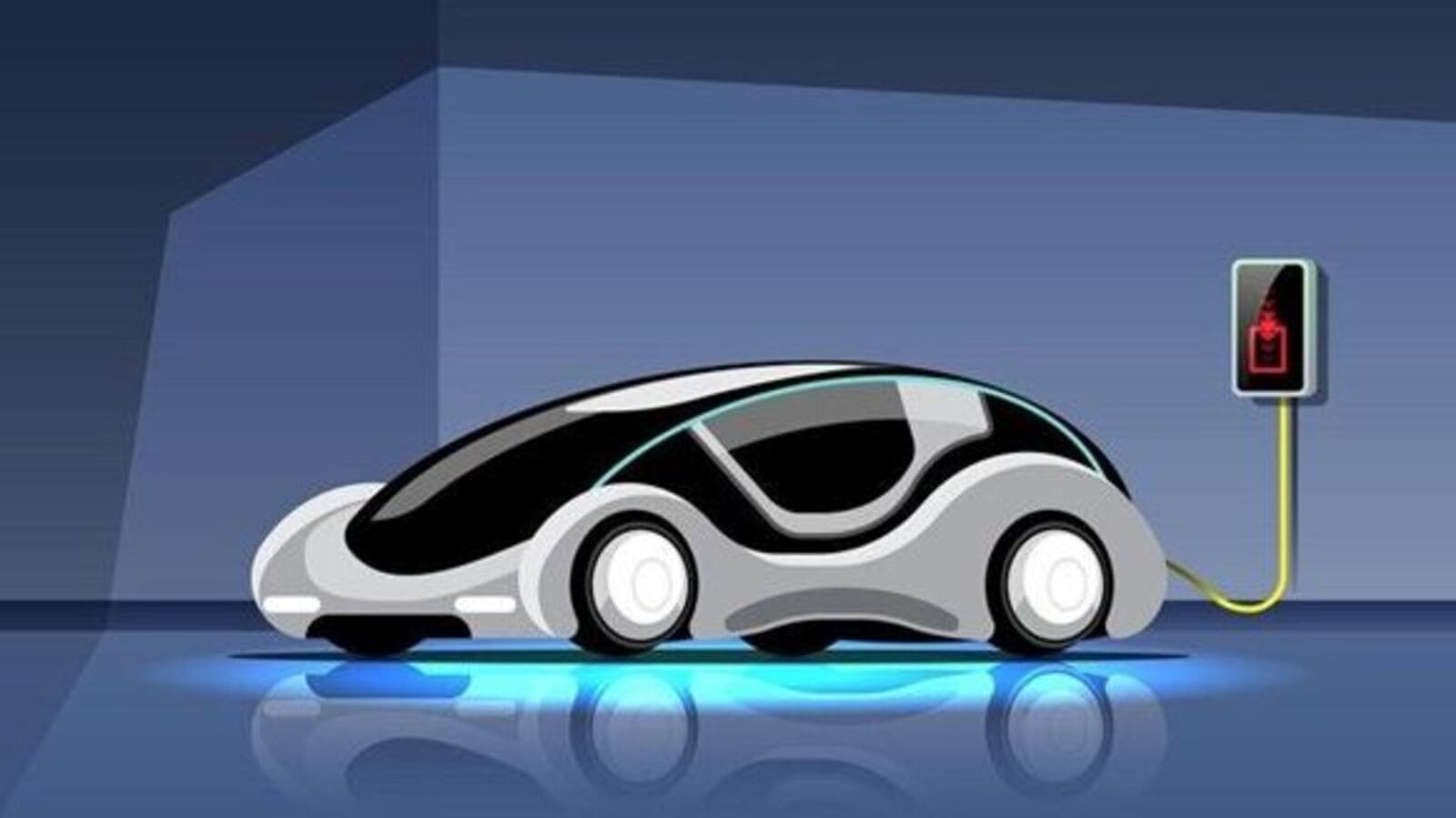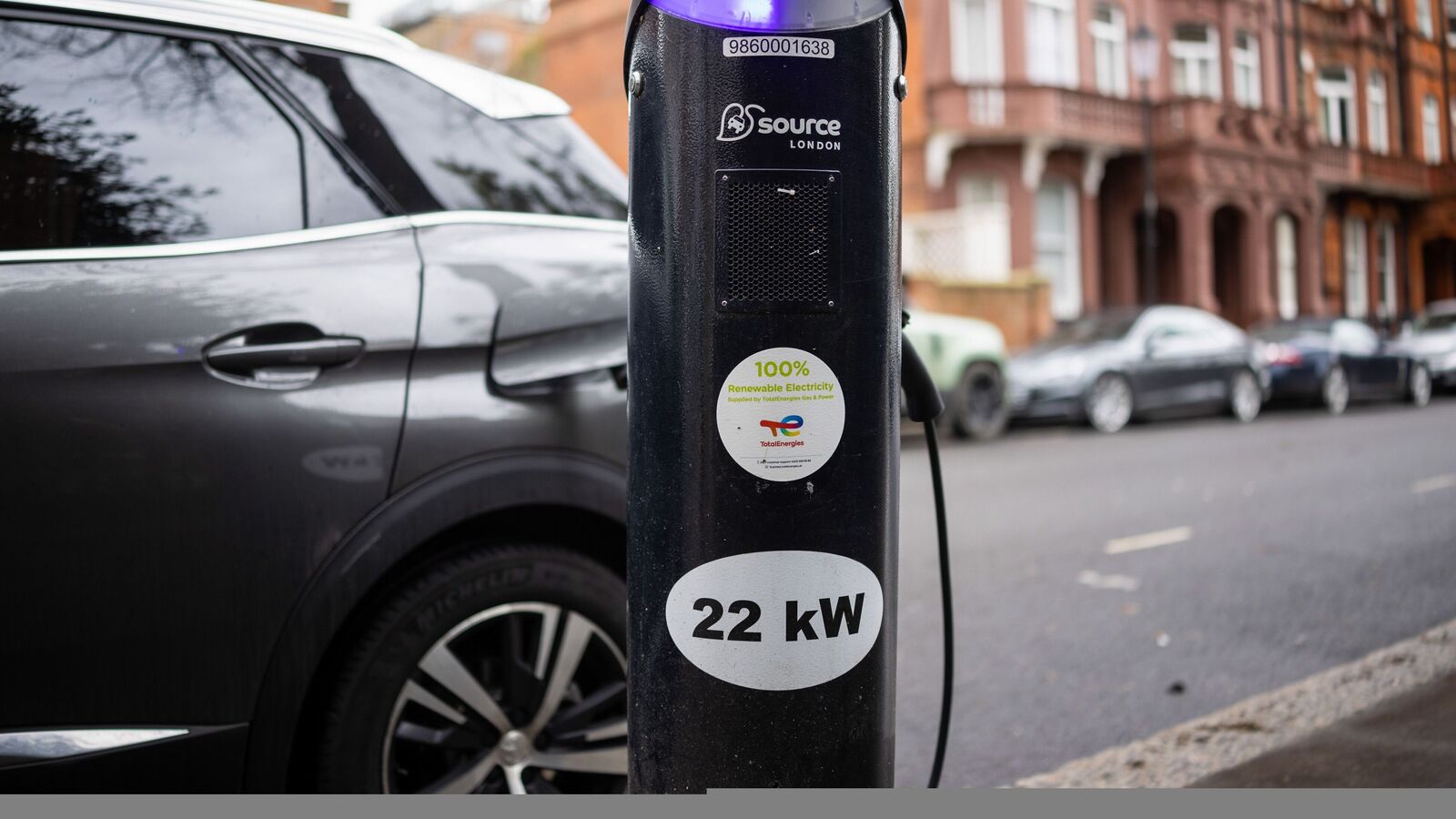Electric Vehicle Competition at Auto Shanghai

The Shanghai auto show, recognized as the world's largest, is set to showcase the latest innovations in the electric vehicle (EV) sector. This year's event is particularly significant as foreign carmakers aim to demonstrate their competitiveness against the rapidly advancing Chinese firms that dominate the electric frontier.
As the traditional petrol engine loses its dominance, established auto shows like those in Paris and Detroit are adapting to remain relevant. Shanghai, however, is already at the forefront, displaying advancements in cleaner engines and AI-powered operating systems. China's government has heavily supported EV and hybrid development, positioning the country as a leader in this technological shift. In 2024, EVs and hybrids accounted for 26 and 19 percent, respectively, of total car sales in China, according to Inovev.
Deloitte analyst Guillaume Crunelle notes that China uniquely blends established automotive giants with innovative startups, creating a dynamic environment that fosters both operational excellence and groundbreaking advancements. Auto Shanghai, running until May 2, will feature numerous launches of electric and high-tech models, including luxury SUVs, sedans, and multi-purpose vehicles, all developed and built swiftly.
The event will host dozens of brands, from state-owned enterprises to startups like Li Auto and Xpeng, tech companies such as Huawei, and consumer electronics firms like Xiaomi that have ventured into the automotive industry. The Chinese market is considered younger and more receptive to new technologies, making it a crucial battleground for automakers. However, the market is also fiercely competitive, with some startups failing and major brands like SAIC Motor, BYD, and Geely engaged in intense price wars.
Reports indicate that two of China's largest state-owned auto enterprises are considering a merger, signaling a government push for consolidation to eliminate inefficiencies and create global leaders. According to Crunelle, this reflects a phase of rationalization and simplification directed by the state. Many companies are also seeking to expand into overseas markets, including Southeast Asia, Europe, and Latin America, to secure their future through increased sales.
German carmakers, including Volkswagen, BMW, and Mercedes, have experienced declining sales in China as domestic brands gain prominence. Volkswagen aims to recover at this year's show with vehicles developed specifically for the Chinese market and an advanced autonomous driving system. Volkswagen's China chief, Ralf Brandstatter, believes foreign manufacturers still have opportunities in China, especially as Beijing encourages foreign investment amid a slowing economy. He noted that the group is prioritizing profitability over market share in response to extreme price competition.
The German manufacturers must demonstrate cutting-edge innovation to maintain their current market share, according to analyst Stefan Bratzel. He suggests that regaining past market dominance is unlikely, echoing sentiments shared by former Porsche CFO Lutz Metschke. Despite these challenges, German carmakers cannot afford to abandon the Chinese market, particularly given the potential uncertainty caused by threatened tariff increases from the US. Tesla, a significant US player in China, will not participate in Auto Shanghai, following a 2021 incident involving a viral protest. However, other US brands like Cadillac, Buick, and Lincoln will be present, showcasing models produced and sold locally.









